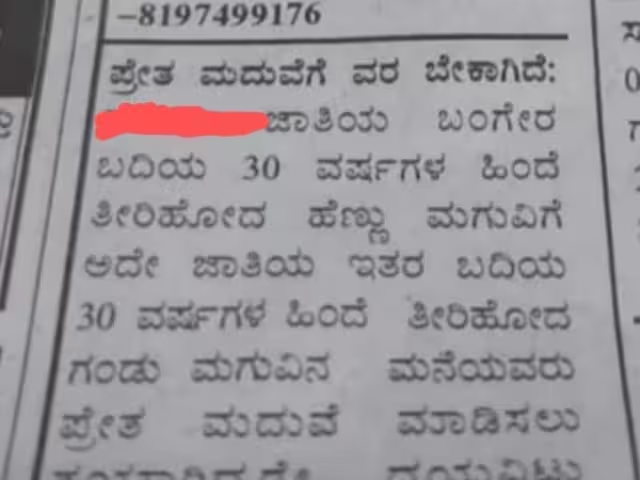The Center’s decision to revoke Article 370 in Jammu and Kashmir is deemed “valid.” Ten important lessons from the Supreme Court’s ruling
The much-awaited ruling on a series of petitions contesting the federal government’s proposal to repeal Article 370 in 2019 was rendered by a five-judge Supreme Court panel. In addition to affirming the Article 370 abrogation process, the Supreme Court ordered the Center to expeditiously return Jammu & Kashmir’s Union territory to statehood.

Top 10 updates on the ruling on Article 370 by the Supreme Court:
1) Jammu & Kashmir has no internal sovereignty over the other states of the nation, according to the Supreme Court, which backed the federal government’s decision to abrogate Article 370 of the Constitution.
When drafting the decision for himself, Chief Justice DY Chandrachud said, “J-K may be subject to all the provisions of the Indian Constitution, including Justices Gavai and Surya Kant. We uphold the constitutional validity of the president’s use of authority to issue an order nullifying Article 370 of the Constitution.”
2) The government’s decision to separate the union territory of Ladakh from the former state of Jammu & Kashmir was also affirmed by the five-judge panel of the highest court.
3) The CJI-led court also ruled that the statehood of Jammu and Kashmir should be restored as soon as possible and that assembly elections should take place in the union territory by September 30 of the following year.
4) CJI DY Chandrachud said that because of the war situation in the former state, Article 370 was a transitory arrangement. Additionally, he said that Articles 1 and 370 made it clear that Jammu and Kashmir had become an essential component of India. In addition to agreeing with the CJI’s ruling on the case, Justice SK Kaul noted that the goal of Article 370 was to progressively bring the former state of J&K up to par with other Indian states.
5) Chief Justice DY Chandrachud said that the presidential authority was not bound to be used in accordance with the concept of consultation.
6) According to CJI Chandrachud’s ruling, no decision made by the federal government on behalf of the states may be challenged in court and may result in a halt to state administration.
7) “The Maharaja’s declaration said that the Indian Constitution shall take precedence. The Instrument of Accession’s paragraph ends with this. War situations in the State necessitated an interim arrangement, which was Article 370. Article 370 is a provision that is transitory, as indicated by a literal interpretation as well,” the Court said.
8) According to PTI, the Supreme Court panel convened at 10:56 am to issue three distinct and concurring rulings. Justices Kaul and Khanna penned their opinions individually. The Supreme Court has already postponed making a decision on the case until September 5.
9) People’s Democratic Party (PDP) president and former chief minister of Jammu and Kashmir, Mehbooba Mufti, was placed under house arrest before the Supreme Court could rule on the batch of petitions challenging the abrogation of Article 370, and journalists were prohibited from congregating close to the Gupkar Road residences of National Conference president Farooq Abdullah and vice president Omar Abdullah, according to PTI.
10) Kashmir and Jammu The PDP and NCP have claimed that its key leaders have been placed under house arrest; however, Lieutenant Governor Manoj Sinha and the local government have refuted these claims. “No one has been put under house arrest,” Srinagar Police said in a post on X, the previous Twitter platform, outlining their position.







